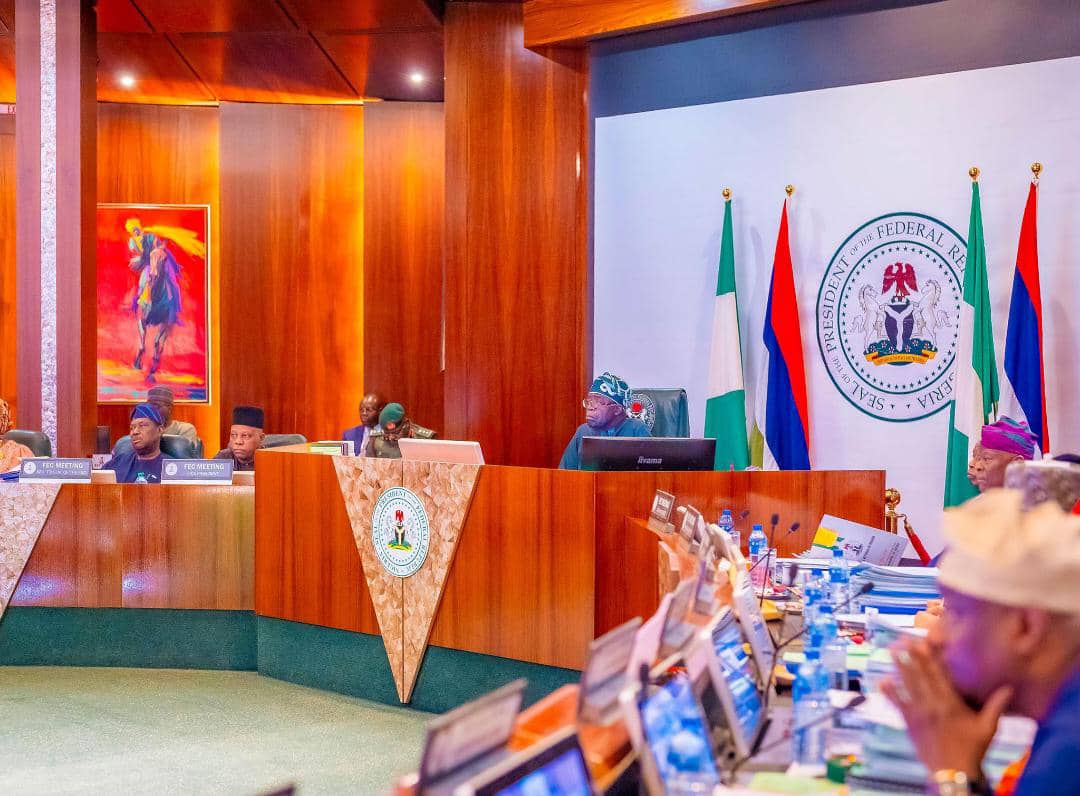FEC N470.9 billion for Second Niger Bridge, others

The Federal Executive Council (FEC) has approved a total of N470.9 billion for the construction of an access road in Delta State and N148 billion for the access road leading to the Second Niger Bridge in Anambra State.
In Lagos, the reconstruction of Phase 2, Section 1 of the Lagos-Ibadan Expressway has been approved at a cost of N195 billion under the Presidential Infrastructure Development Fund (PIDF).
The Lokoja-Benin Road will undergo full reconstruction using reinforced concrete, with a total budget of N305 billion. This includes:
N64 billion for the Obajana-Benin section (Section I)
N110 billion for the Auchi-Edo section (Section II)
N131 billion for the Benin Airport area (Section III)
Additionally, a contract worth N3.57 billion has been approved for a comprehensive structural assessment of Lagos’ Third Mainland Bridge and Carter Bridge.
FEC has also greenlit the Ado-Ekiti–Igede Road Project with a budget of N5.4 billion, along with a N22 billion contract for the Onitsha-Owerri Expressway.
In Kaduna State, the Wusasa-Jos route has been allocated N18 billion, while Abia and Enugu states will share N12.75 billion for a joint road project addressing critical infrastructure needs.
For the Abuja-Kano highway, FEC has sanctioned N252 billion, splitting it into two primary sections:
Section One: Extending from the boundary of the Federal Capital Territory (FCT) to Niger State, with an additional 5.71 km.
Section Two: Covering Kano State, with a 17 km extension.
READ ALSO: ACI to Plant 1,500 Trees, Donate 15,000 Green Books for 15th Anniversary
Odimma Orsu Initiative Calls for Sustained Military Action to End Violence
During a press briefing in Abuja, Minister of Works David Umahi emphasized a shift toward reinforced concrete pavement for major projects like the Lokoja-Benin and Abuja-Kano highways.
“Concrete roads are not only more durable but also cost-effective in the long run,” Umahi stated. “In fact, the cost of these concrete projects is significantly lower than previous asphalt-based contracts rejected by some contractors.
“We are not accepting excuses such as high temperatures for road failures. The affected sections are being redone with proper oversight.”
This move marks a strategic shift in Nigeria’s infrastructure development, prioritizing longevity and cost efficiency over traditional asphalt roads.





